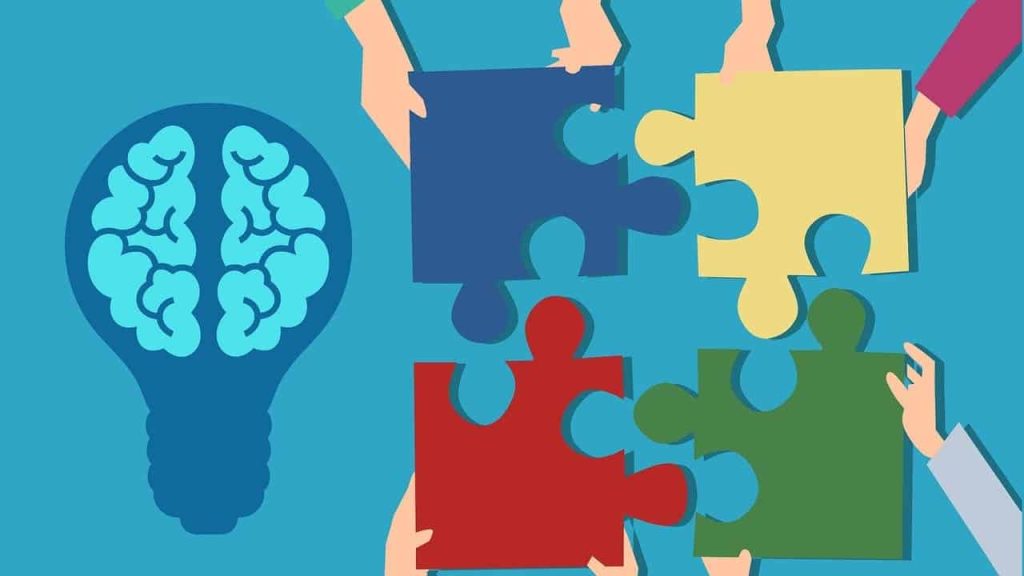If you’re living in South Carolina and need help buying food, you might be wondering about food stamps, also known as the Supplemental Nutrition Assistance Program (SNAP). SNAP helps people with low incomes afford groceries. This essay will explain the income limits you need to know to see if you qualify for food stamps in South Carolina. We’ll look at how the income rules work and what you need to consider.
What Are the Gross Income Limits?
The main question is: What are the gross monthly income limits for food stamps in South Carolina?

Basically, gross income is the amount of money you make *before* taxes and other deductions are taken out. The government sets these limits based on the size of your household. That means how many people you live with who share food and make decisions as a unit. If your gross income is at or below a certain amount, you *might* be eligible for SNAP benefits. These income limits change yearly, so it’s super important to check the latest numbers from the South Carolina Department of Social Services (DSS).
How Household Size Affects Income Limits
One of the biggest factors in determining your eligibility for food stamps is how many people live in your household. This is really important. The larger your family, the higher the income limit tends to be. This is because a larger household typically needs more money to afford food. It’s as simple as that.
The state uses a table to figure out how much income is allowed. The table is like this:
| Household Size | Approximate Monthly Gross Income Limit (Check DSS for the most up to date numbers) |
|---|---|
| 1 person | $1,399 |
| 2 people | $1,898 |
| 3 people | $2,397 |
| 4 people | $2,896 |
| 5 people | $3,395 |
For each additional person, there’s another increment added to the income limit. You can find the exact amounts from the South Carolina DSS website or by calling them. Remember that these numbers are estimates; the official numbers are set by the state and are subject to change.
When calculating your household size, consider these things:
- Who shares meals regularly?
- Who makes financial decisions together?
- Who lives with you and is considered a dependent?
Net Income and Deductions
Gross income is only the first step. The state also looks at your net income. Net income is what’s left after certain deductions are taken out of your gross income. Some deductions can lower your countable income, which may make you eligible for SNAP.
For example, there are deductions for things like:
- Child care expenses if you need child care to work or go to school.
- Medical expenses for elderly or disabled household members.
- Legally owed child support payments.
- Some other work expenses.
These deductions are subtracted from your gross income to get your net income. The lower your net income, the more likely you are to qualify for food stamps. It’s like a second chance after your initial gross income is calculated.
It is important to gather any documents that support these deductions, like receipts, billing statements, etc. If you don’t provide them you could be denied.
Resources and How to Apply
If you think you might be eligible for food stamps in South Carolina, the first step is to apply. You can apply online through the South Carolina Department of Social Services (DSS) website, or you can get a paper application and mail it. If you prefer, you can go to your local DSS office to apply in person.
The DSS website provides all the details you need, including application forms and information about eligibility requirements. They also offer a helpful FAQ section and contact information if you have questions. Before you apply, gather all the information you need:
- Proof of identity (like a driver’s license or birth certificate).
- Proof of income (pay stubs, tax returns, etc.).
- Information about your household (names and birthdates of everyone).
- Information about your housing costs (rent or mortgage).
- Any other information they may need.
The application process may seem complicated, but remember there are resources available. If you need help, you can call the DSS. They can answer your questions and guide you through the process.
Important Considerations and Updates
The SNAP income limits are subject to change. They are updated annually to reflect changes in the cost of living. Keep an eye on the South Carolina DSS website for the most up-to-date information. The numbers you see online or from pamphlets are the official numbers to rely on. Don’t just go on memory.
Also, there are specific rules about how certain types of income are counted.
- Earned income (like wages from a job) is usually counted.
- Unearned income (like Social Security benefits or unemployment compensation) is also counted.
- Some types of income, like certain types of student financial aid, may be excluded.
It is important to be honest on your application. False information could result in denial of benefits and even legal trouble. Also, the SNAP program is there to help people who need it. If your situation changes, you must let the DSS know.
Keep in mind, also, that SNAP is not the only food assistance program available. There may be other programs offered in your area. You can contact local food banks and charities to discover what is available in your area.
In conclusion, understanding the income limits for food stamps in South Carolina is crucial for anyone needing food assistance. By knowing the rules, gathering the right documents, and applying through the DSS, you can find out if you qualify. Make sure you always check the official DSS website for the most current information. Remember that these programs are here to help, and it’s okay to ask for help if you need it.